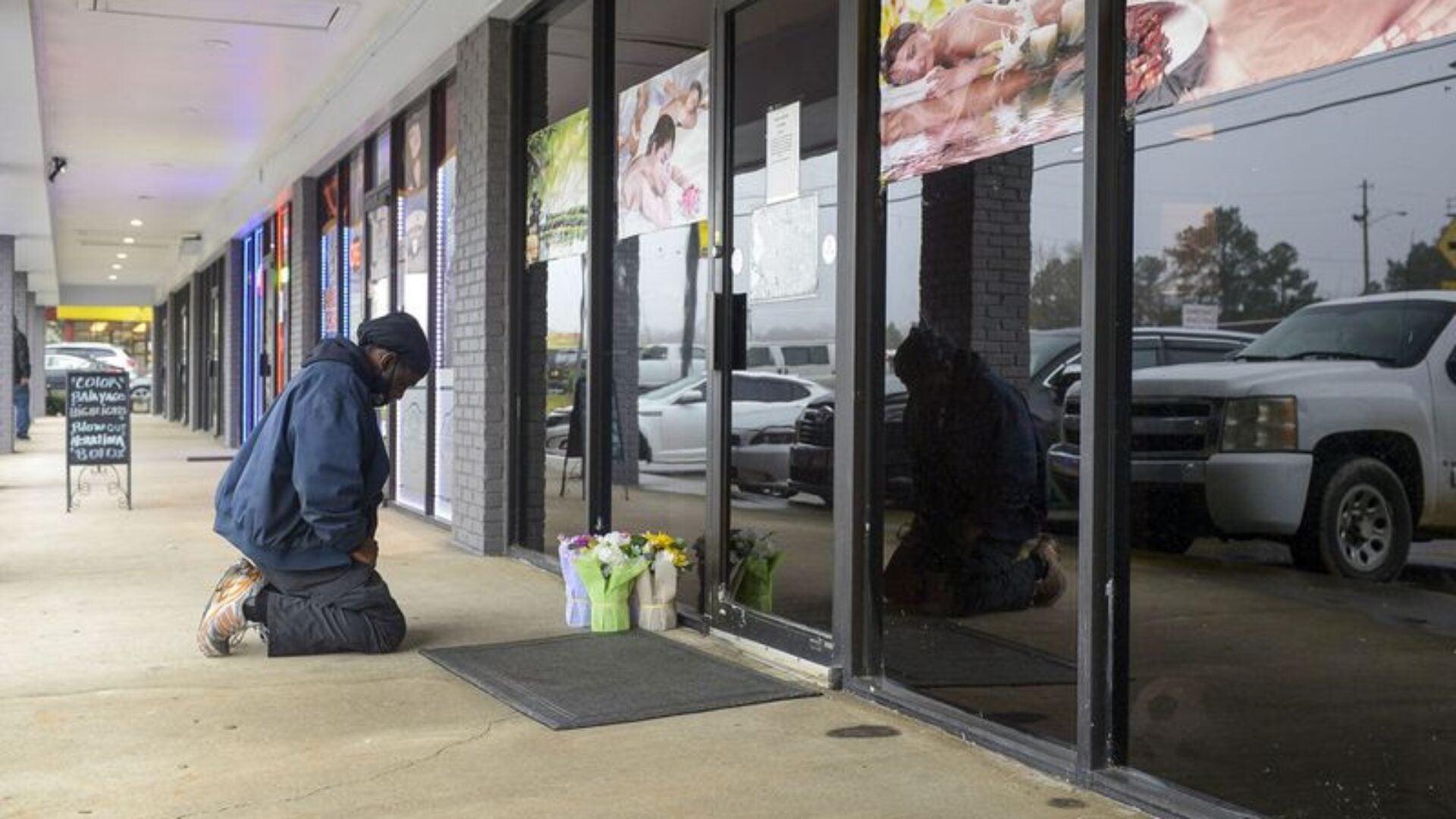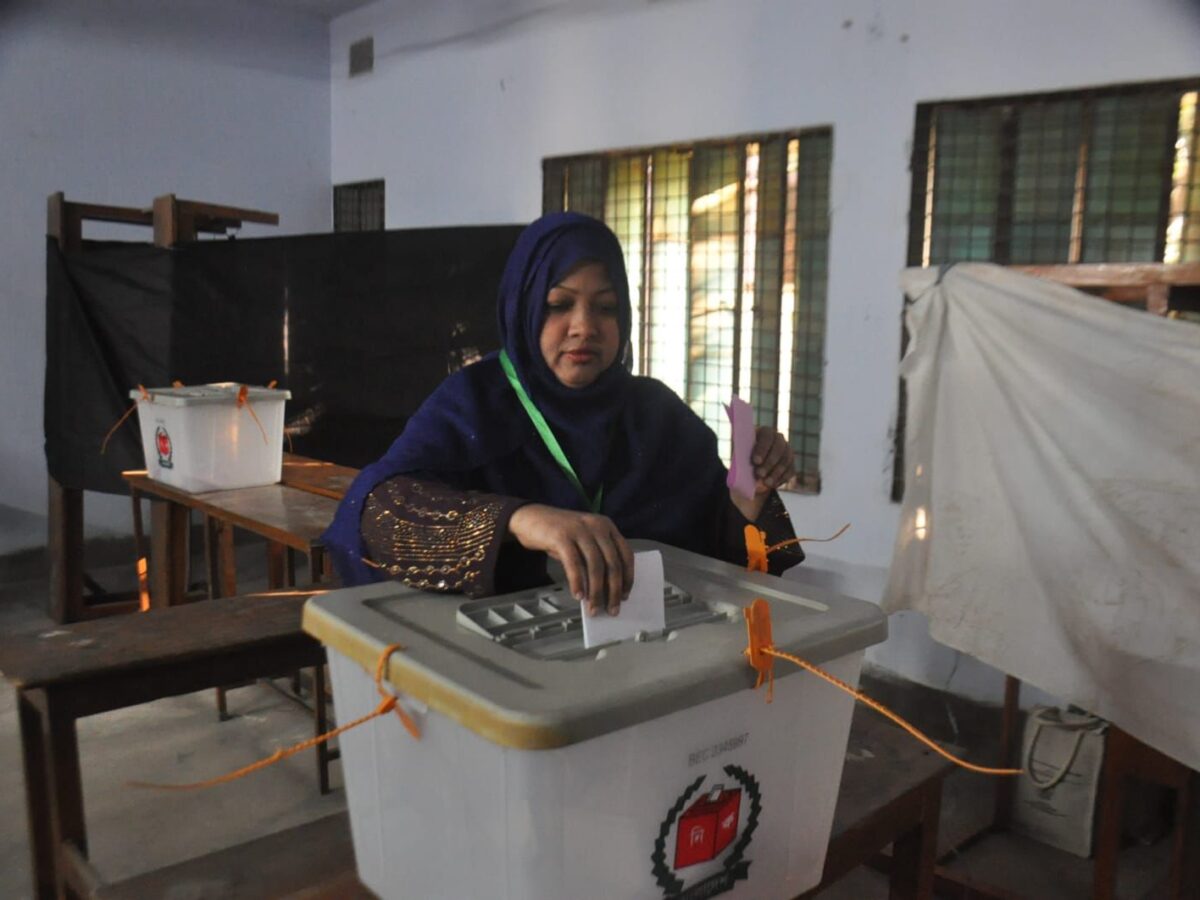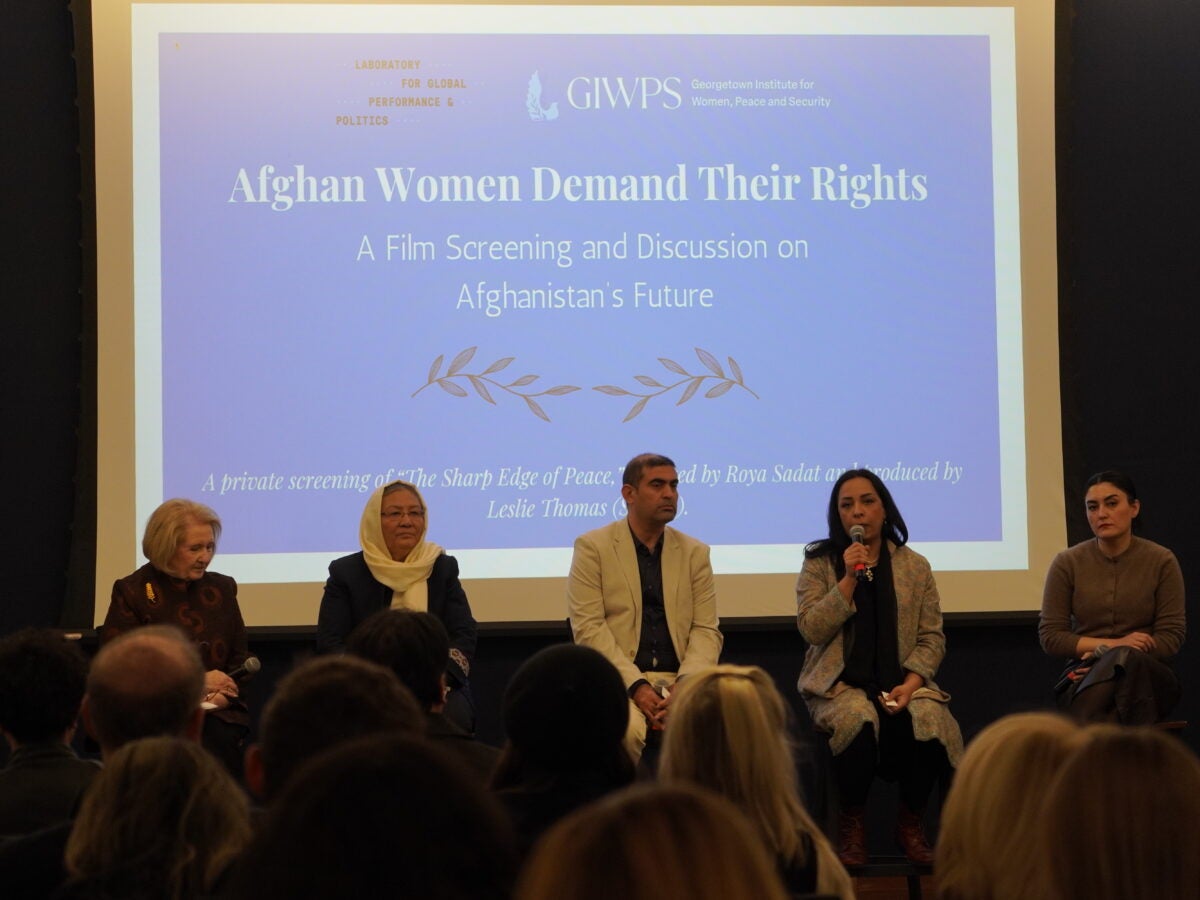After Atlanta: Building a Future Free of Racism and Gender-based Violence

As an Asian American human rights scholar, I write with great anguish over the growing violence against the Asian American community.
In the wake of the horrific hate crimes in Atlanta which took eight lives, including the lives of six Asian women, Asian Americans Advancing Justice’s Aarti Kohli issued a statement calling for community-led solutions to help us heal and transform our neighborhoods. Referencing structural problems, she stated: “The violence our communities experience every day won’t be solved by more police. It won’t be solved by more people crowding our prisons. Those structures have failed us, time and time again, and they are rooted in and upheld by the same white supremacy that fuels these attacks.”
Asian Americans Advancing Justice, our nation’s first legal and civil rights organization serving the low-income Asian Pacific American communities, reminds us that hate incidents against culturally specific groups—particularly women—have escalated during this year of the pandemic. These hate crimes show the intertwined nature of racism and gender-based violence. Case by case responses to discrimination are inadequate. What is needed is a major systemic policy response to a massive systemic problem.
Below I call for structural change that will help us move forward using this tragedy as a tipping point for immediate change.
First, we need to see the immediate reauthorization of the VAWA. The day after the Atlanta shootings, the House voted to renew the landmark Violence Against Women Act (VAWA). The VAWA was enacted in 1994 by then-Senator Joseph Biden and others and was the first major piece of legislation to comprehensively tackle issues of abuse, violence, and harassment that particularly impact women. The new VAWA for the first time includes explicit protections for lesbian, gay, bisexual and transgender survivors of domestic violence. It grants tribal courts authority to prosecute non-indigenous people for offenses like sex trafficking and violence against indigenous women. It also prohibits anyone convicted of stalking from buying a firearm. The groups most affected are women of color. The Senate must renew the VAWA without delay.
Second, we need the introduction of “misogyny” into the categories that constitute a hate crime. On the other side of the Atlantic, on the same day that the House voted for the reauthorization of the VAWA, the House of Lords in the UK debated an amendment to the Domestic Abuse Bill (amendment 87B) to add misogyny as a hate crime. The mass support for this change was galvanized after a Metropolitan police officer was charged with the murder of Sarah Everard, whose body was found earlier this month, a week after she disappeared while walking home at night.
From the Fall of 2021, British police forces will begin recording any crimes committed which have been done so on the basis of sex or gender. Forces will be asked to identify whether a victim believes a crime has been prompted by “hostility based on their sex.” Currently, the term ‘hate crime’ is used to describe criminal behavior where the perpetrator is motivated by hostility or demonstrates hostility towards the victim’s “disability, race, religion, sexual orientation or transgender identity.” The introduction of misogyny into hate crimes will help in collecting the data on attacks against women and thus the scale of the problem and solutions to address the problems.
Third, it is important that we bring a more nuanced understanding of the intertwined nature of racism and gender-based violence to all policies and programs. Recent hate crimes show the intertwined nature of racism and gender-based violence. The Biden Administration’s American Rescue Plan signed into law just last week provides some signposts. The Plan offers support to:
“culturally specific community-based organizations to provide culturally specific activities for survivors of sexual assault and domestic violence” in light of the COVID-19 pandemic and “to promote strategic partnership development and collaboration in responding to the impact of COVID–19 and other public health concerns on survivors of sexual assault and domestic violence.”
This could ostensibly be used to help ameliorate the tragic events of this week.
Fourth, we also need to see greater engagement and involvement of minority groups and culturally specific groups in the design and delivery of programs to address gender-based violence. Implementing laws and programs on gender-based violence requires a nuanced vision of structural inequalities. The design of those programs calls for active involvement and engagement of those same cultural groups highlighted in the American Rescue Bill. These groups historically have the lowest participation rates, high unemployment rates, and low- income levels. No response can be formulated in a cultural vacuum or without due attention to the economic or social realities of the wider community. The structural barriers to addressing violence against women within the context of race-based violence is multi-dimensional and involves addressing both discriminatory assumptions and practices and pervasive and pernicious biases that are the root causes of gender-based violence. That is why in going forward and in launching a massive response to a systemic problem, we need to ensure that women and women of cultural groups are seen not as victims of violence but as agents of political action. This is the enduring way to honor and dignify the lives lost in Atlanta and around the world due to gender and race-based violence.
Dr. Rangita de Silva de Alwis is faculty at the University of Pennsylvania Law School, a Hillary Clinton Fellow on Gender Equity at the Georgetown Institute for Women, Peace and Security, and Nonresident Leader in Practice at Harvard Kennedy School’s WAPPP (2019-2021).
Explore More

Reassessing Bangladesh’s National Election 2026
The Constitutional Referendum and General Election held on 12 February 2026 was…

Afghanistan’s new laws give animals ‘more rights’ than women

A Community Holding onto Hope: Georgetown Screens Documentary on the Fight for…
When the Taliban took over Afghanistan after U.S. troops withdrew in 2021,…